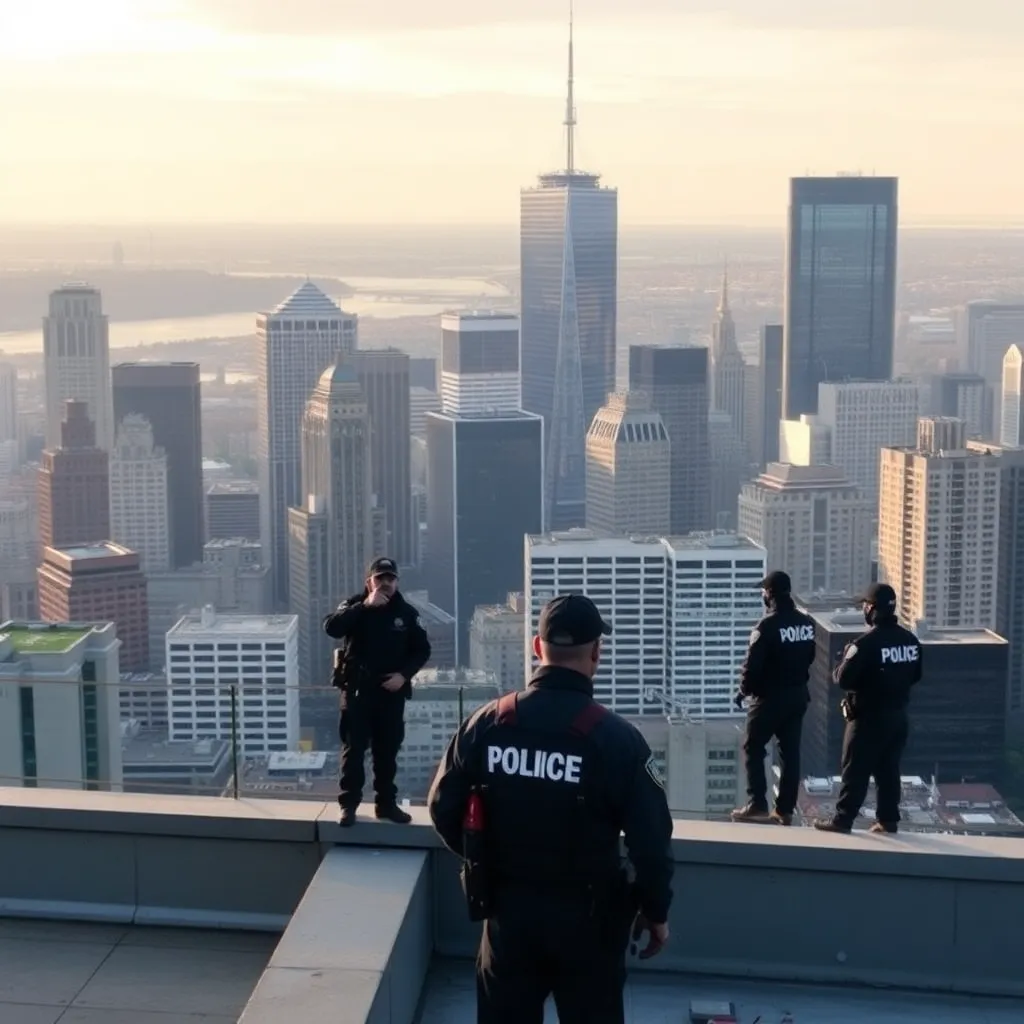New York City Reevaluates Executive Security Following CEO’s Tragic Death
New York City, December 5, 2023 — The recent shooting of Brian Thompson, CEO of UnitedHealthcare, outside a hotel has prompted urgent discussions regarding executive security in corporate America. This incident has sent shockwaves through businesses nationwide, highlighting the critical need for robust personal protection measures.
Who Was Affected?
Brian Thompson, the respected leader of UnitedHealthcare, was tragically killed on December 4, while outside a hotel in New York City. Corporate executives across various industries are now questioning their safety protocols, leading to a potential shift in how companies approach security for their leaders.
What Happened?
The shocking event involving Thompson has revealed a stark reality: even well-protected high-level executives can underestimate their vulnerability. Experts in executive protection are now advocating for increased awareness and precautions amongst top-tier business leaders.
Where Did This Occur?
The incident occurred in the bustling streets of New York City, a hub of business activity. This urban setting, while vibrant and full of opportunities, often presents risks for executives who navigate its environment daily.
When Did This Take Place?
The tragic event unfolded on December 4, 2023. Following this occurrence, there has been a surge in dialogue concerning the necessity of enhanced security measures for executives in similar positions.
Why Is This Important?
The shooting of a high-profile executive like Thompson serves as a wake-up call for many corporations. Security experts emphasize that there is an increasing trend of threats against top executives. These threats can stem from various sources, including disgruntled employees and individuals seeking to exploit a leader’s wealth or influence.
A Growing Demand for Protection
According to Todd Dukes, founder of SEC Worldwide & Associates, a firm based in Orlando, the demand for executive protection services has been rising consistently. He notes, “Many executives feel they don’t need protection for something as simple as taking a walk.” This mindset is dangerous, as it often leads to unnecessary exposure to risk.
Others in the security field, like Craig Gundry, vice president of Critical Intervention Services, have noticed corporations increasingly hiring executive protection personnel as part of their risk management strategies. “Threats can vary widely, and as technology evolves, so do the dangers,” he remarked.
The Need for Proactive Measures
Industry experts agree that a shift towards more proactive security measures is essential. John Murphy, regional vice president of Apex Security, stated, “Security is valuable when nothing bad happens; it means the protection is working.” However, many organizations often adopt safety measures reactively rather than proactively.
Following the tragedy, many executives might realize the importance of comprehensive risk assessments. Experts suggest these assessments should gauge potential threats and evaluate the repercussions of losing a key figure within the organization. Decisions made post-incident can lead to unnecessary exposure when a proactive strategy is overlooked.
Understanding the Costs and Logistics
The financial implications of implementing proper executive security measures can vary. Hourly rates for protection services typically range from $150 to $200, depending on the agent’s skill level and the assignment’s complexity.
Moreover, Mitchell Tucker, president of N-Tact Security LLC, highlighted that hiring individuals with substantial law enforcement or military background is crucial for effective protection. With stringent licensing and insurance requirements in Florida, organizations must choose their security providers wisely to ensure they are equipped to handle potential threats.
A Call for Change
As discussions about the circumstances surrounding Thompson’s death continue, experts are hopeful for a cultural shift within corporate America. Brian Thompson’s death should catalyze change, prompting companies to take executive protection more seriously, prioritizing safety over regret.
In the aftermath of this incident, it is evident that enhancing personal security for executives can no longer be an afterthought, but rather an essential aspect of corporate responsibility.







